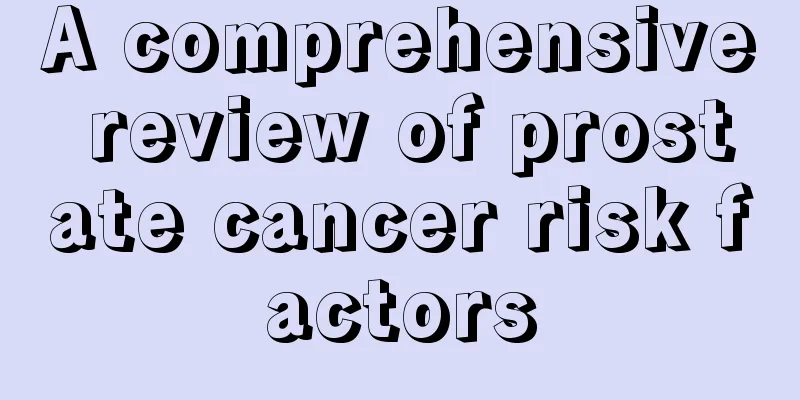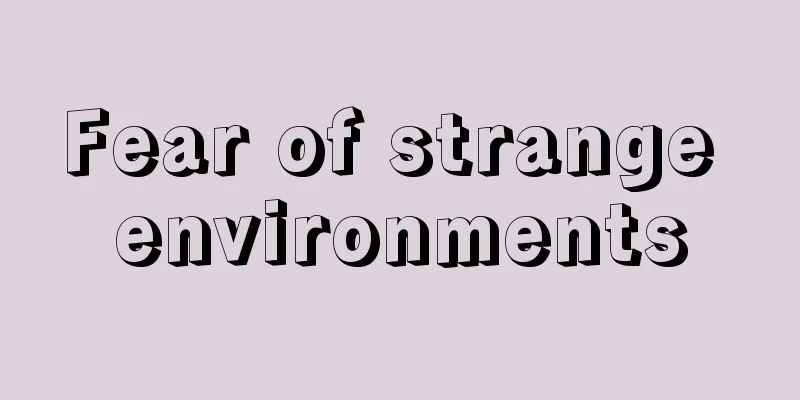Is it right not to treat lung cancer in an 80-year-old man?

|
It is not entirely correct to not intervene in the treatment of lung cancer in an 80-year-old. A comprehensive assessment should be made based on the patient's physical condition, tumor stage and personal wishes. Some patients can still benefit from treatment. Treatment methods include surgery, radiotherapy, chemotherapy, targeted therapy and immunotherapy, and the specific plan needs to be formulated by the doctor. 1. Surgery: For patients with early-stage lung cancer, surgical removal of the tumor is the preferred treatment method. Common surgical methods include lobectomy, wedge resection, and segmentectomy. Surgery can effectively remove the tumor, but the patient's cardiopulmonary function and surgical tolerance need to be evaluated. 2. Radiotherapy: Radiotherapy is suitable for patients who cannot undergo surgery or postoperative adjuvant therapy. Common radiotherapy methods include three-dimensional conformal radiotherapy, intensity-modulated radiotherapy, and stereotactic radiotherapy. Radiotherapy can accurately irradiate tumors and reduce damage to normal tissues, but it may cause side effects such as radiation pneumonia. 3. Chemotherapy: Chemotherapy is suitable for patients with advanced lung cancer or postoperative adjuvant therapy. Commonly used chemotherapy drugs include cisplatin, carboplatin, paclitaxel and gemcitabine. Chemotherapy can kill tumor cells, but may cause adverse reactions such as nausea, vomiting, and hair loss. 4. Targeted therapy: Targeted therapy is suitable for lung cancer patients with specific gene mutations. Commonly used targeted drugs include gefitinib, erlotinib and osimertinib. Targeted therapy can accurately inhibit tumor growth, but gene mutations need to be monitored regularly. 5. Immunotherapy: Immunotherapy is suitable for lung cancer patients with positive PD-L1 expression. Commonly used immunotherapy drugs include pembrolizumab, nivolumab and atezolizumab. Immunotherapy can activate the patient's own immune system, but may cause immune-related adverse reactions. Lung cancer treatment for 80-year-olds requires comprehensive consideration of the patient's physical condition, tumor stage, and personal wishes to develop an individualized treatment plan. Some patients can still benefit from treatment, improve their quality of life, and prolong their survival. Family members should fully communicate with doctors to understand the pros and cons of treatment and make the most suitable choice for the patient. |
<<: Is 3 cm gallbladder cancer considered early stage?
>>: What causes prostate cancer?
Recommend
What causes lymphoma and how to prevent it
If you want to completely cure lymphoma, discover...
The most common early symptoms of bone cancer
There are many bone cancer patients in life, and ...
How to prevent and maintain bile duct cancer
How to prevent and maintain bile duct cancer? Alt...
Analyzing the common causes of brain cancer in children
It is understood that some of the brain cancer pa...
Can hydrogen peroxide cure athlete's foot?
Hydrogen peroxide, also known as hydrogen peroxid...
Do you know the tips to get rid of dandruff
I believe that many friends in life have dandruff...
When is the best time to treat nasopharyngeal carcinoma and how to provide care
Early treatment is very important for nasopharyng...
Is a damp house harmful to the body?
People now have higher and higher requirements fo...
Can adults use the children's fever-reducing patch?
Colds and fevers are common diseases. If the feve...
What causes urethral bleeding
The problem of urethral bleeding must not be igno...
How can patients with cervical erosion prevent cervical cancer
Cervical erosion is a common pathological change ...
What medicine is good for Xin Ji
Many older people experience tachycardia, general...
Nail separated from flesh
In daily life, playing ball sometimes causes the ...
What are the taboos when giving birth to a child
If a friend or relative has a baby, people will o...
Fatigue syndrome is too much for office workers
Symptoms of fatigue syndrome 1. Psychological Som...









